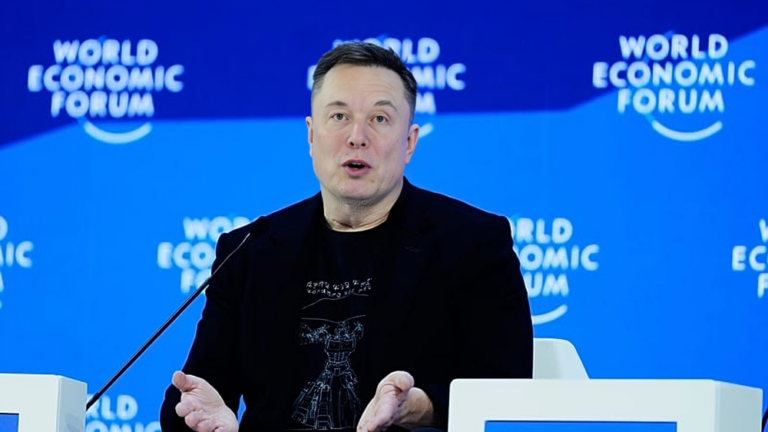After years of anticipation, the popular messaging platform WhatsApp, owned by Meta, is finally set to introduce advertisements. This significant change comes 11 years after Meta acquired WhatsApp from Facebook for $1.97 billion. The move raises questions about the platform’s long-standing commitment to neutrality and user privacy, which have been core aspects of its identity.
Originally, WhatsApp’s founders refused to incorporate ads or any ad-based features. The app was known for providing a private space for personal communication, free from the clutter of advertisements that are common on other messaging platforms or Meta’s services. However, Meta now plans to run ads in the ‘Status’ section of WhatsApp.
According to the company, over 150 crore (1.5 billion) people use WhatsApp daily, highlighting its significance as a major platform. The decision to introduce ads marks a notable shift, potentially impacting user privacy and the overall user experience a platform long associated with confidentiality and minimal commercial intrusion.
Meta has assured users that no ads will be shown within individual chat threads or personal messages. Instead, advertisements will appear alongside ‘Status’ updates, which are similar to stories on other social media platforms. The company emphasizes that this change will not interfere with private conversations.
The main question now is how this shift will affect WhatsApp’s popularity and trustworthiness. While the move might prove financially beneficial for Meta, it raises concerns about how well user privacy and comfort will be maintained. Many are watching closely to see whether this transition will preserve WhatsApp’s reputation as a secure and private messaging app or whether it will lead to a decline in user confidence.













+ There are no comments
Add yours